On 18 September 2025 the Finnish Institute of International Affairs (FIIA) organised REMIT’s third Scenario Testing Workshop (STW) in Helsinki. The Helsinki STW followed up on REMIT’s two opening STWs at Erasmus University Rotterdam on 3 June and 17 June 2025.

The event featured a participant group representing a variety of backgrounds including academia, think-tanks, private consulting, government policymaking and politics. The workshop’s theme was focused on the geopolitics of Artificial Intelligence for military purposes (military AI) with participants playing the roles of influential actors in global politics closely intersecting with the AI policy sphere.
Actors included great powers such as the United States and Russia; international organizations including the European Commission and the North Atlantic Treaty Organization (NATO); the private AI industry; and the United Nations General Assembly (UNGA) as a global multilateral organization.
The Helsinki STW drew from and adapted the scenario-testing methodology developed by the European Commission’s Joint Research Centre, with four scenarios played. The first two scenarios labelled “the Devil’s Bargain” extended to 5-years and envisaged world events and AI challenges in 2030 with the EU seeking to address military AI policy issues amid escalating geopolitical tensions provoked by revisionist powers. The second two scenarios called “Struggling Synergies” extended to 10-years and anticipated the world in 2030 with the EU suffering from further internal political fragmentation but while reinforcing its diplomacy to support global multilateralism in military AI policy by offering cooperation to engage both China and the broad Global South on AI policy questions.
Having a strong Northern European flavour, the participant group at the Helsinki STW presented many interesting perspectives from this region through the general scenarios played. With REMIT’s STWs taking place in multiple regions of Europe, specific regional perspectives promise to sharpen the consortium’s comparative analysis on the varying policymaking outlooks that are shaping key technology policy areas standing to define international security into the future.
